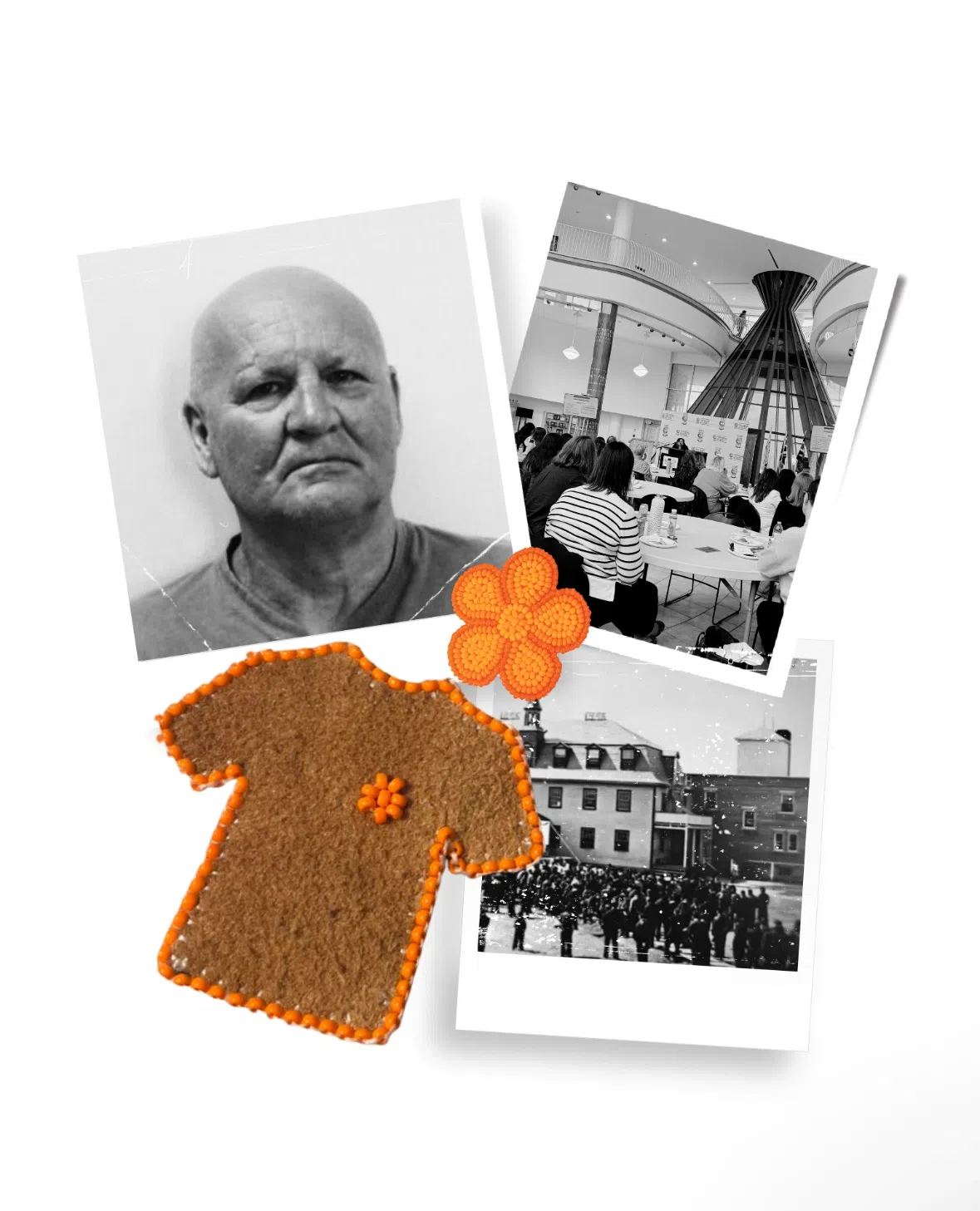
Survivors of the province’s oldest residential school are still waiting for justice
The federal and provincial governments still don’t acknowledge their roles in the operation of the Île-à-la-Crosse Residential School and Survivors say that’s not Reconciliation.
It opened in 1821 and was operated by the Roman Catholic Church until it closed in the 1970s making it the province’s oldest residential school.
To ensure history is not forgotten, a 17-minute documentary featuring the Survivors of the Île-à-la-Crosse Residential School was created by Indigenous Geographic in partnership with Métis Nation—Saskatchewan.
The film, Waiting for Justice was screened for the first time at the Indigenous Peoples, Media, and Democracy Conference held at the First Nations University of Canada on May 7th.
The Survivors’ stories shed light on the school’s dark past.
“People need to know,” said Louis Gardiner. “This is all part of our history.”
The 68-year-old was still there when the residential school closed for good.
Gardiner was only five-years old in 1961 when he walked through the doors for the first time and was a teenager when he was finally free.
“The agenda was to take the culture out of the child,” said the lifelong resident of Île-à-la-Crosse.
More than 20 Survivors shared their stories in the documentary.
They provide a raw, unfiltered glimpse into the atrocities committed against the Métis children forced into the residential school system.
For those like Gardiner it was the first time sharing his story so publicly.
“It was a difficult process, as the residential school issue is currently being addressed in the courts,” he said. “It was very challenging, you know seeing what took place and how things were handled.”
The film highlights the discrepancy in treatment between Île-à-la-Crosse and Beauval regarding acknowledgement and compensation for Survivors.
“Even our supervisors went from both places and traveled back and forth,” said Gardiner.
The way staff was interchangeable between the two institutions demonstrates how similar the schools were yet only the Beauval Indian Residential School was part of the federal government’s $2.8-billion settlement agreement.
“You know survivors were thinking why us?” said Gardiner about being left out.
Survivors of the Île-à-la-Crosse Residential School are still waiting for acknowledgement and compensation from the governments and the Catholic Church, leaving them frustrated and seeking justice.
With the eldest Survivors now in their mid-90s and the youngest in their mid-50s, time is of the essence for those seeking closure and restitution, said filmmakers Matt LeMay and Crystal Martin.
In light of the continued quest for acknowledgment and reconciliation, the Métis Nation—Saskatchewan has taken legal action to seek recognition.
“It’s about getting the information out and telling the world our story,” said Gardiner. “We did go to the UN as Survivors. We took a delegation and we told our story over there. A lot of them did not understand. They thought that all Survivors in Canada were looked after. They did not know not all Survivors got justice.”
Until something is done to rectify the situation, for him, Reconciliation doesn’t exist.
“We’re still waiting for justice, so how can I say it’s reconciliation,” said Gardiner.
In the face of adversity, Survivors await justice, calling for dialogue and negotiation with the government to address long standing grievances.
“We want to talk to the Government,” said Gardiner. “Knock on our door or phone us … let’s talk and that’s all we want. We talk and things will get done.”
He said many Survivors are elderly, and “want to see justice before they pass away,”
Support is available for individuals affected by their experiences at Indian Residential Schools and when facing difficult stories linked to these institutions. Access emotional and crisis referral services by calling the 24-hour national crisis line: 1-866-925-4419.
Visit www.united4survivors.ca for more information and to sign up to take action.

